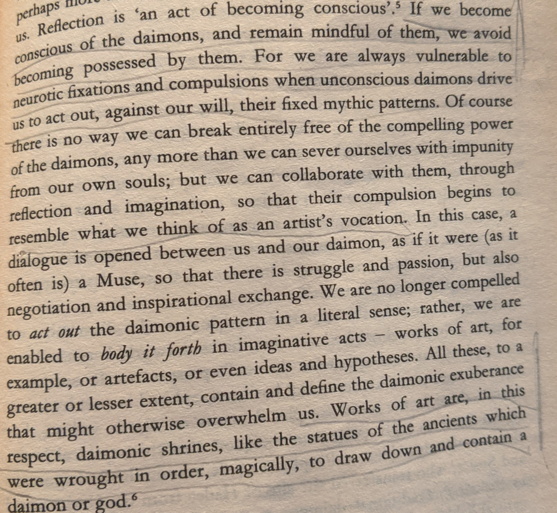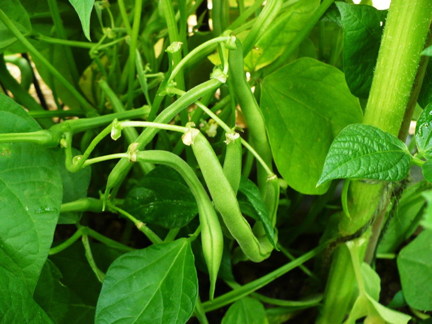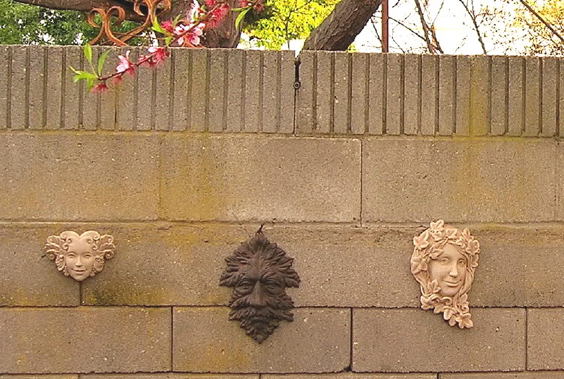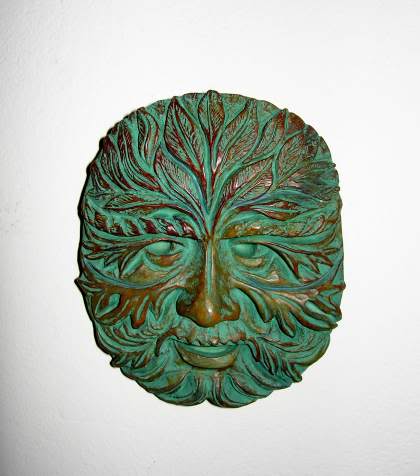Fri 10 Nov 2023
All Weird Things, Episode 6 – The Notebok
Posted by PJ under 4th avenue, aliens, all weird things, art, high strangeness, notebook, sacred combe, writers, writing
No Comments
I have written about weird things before but for the purpose of this project I am going to repost and rework those posts under the “all weird things” tag. This is the first of those posts:
We’ve all probably had a number of things in our lives that made us go “huh.” I know I have. I embraced the weird some time back, and even though I always try to find logical explanations before accepting anything para-weird, there is always going to be stuff that skirts the edge of rational and . . . other.
One such incident happened when I was about thirteen at our old house in Venice, the one I grew up in, which was in itself a strange place full of odd corners and unusual atmospherics. We lived on a huge lot with a big house on the front of the property occupied by our landlady. Our house was a little ramshackle place with four front doors because its basic structure consisted of four beach cabins strung together to make a house. (Beach cabins: those things from the early 20th century set up on the sand where people would go to change out of their street clothes and into swimwear so they didn’t have to immodestly walk from their vehicles to the shore in “scanty” clothing.)
A prodigious backyard sat behind our little house in which my father grew a legendary vegetable garden every year. A large but very old and dilapidated shack sat at the very back of the southwest corner of the lot where my father kept tools and such. It hadn’t seen paint in centuries, it seemed, the wood chipped and splintered and that wonderful grey barnwood patina people pay big money to acquire these days. Between the back of the shack and the next property over (a dairy processing plant) was a passageway about five feet wide. My father put trellis up on the shed back there and grew banana squash, letting them crawl up the trellis rather than spread across the ground. I liked to sit back there in the summertime because it was always cool, even on the hottest days, and smelled loamy and of growing green things. It was one of many small, urbanized sacred combes I had on that property—but not a perfect spot.
We had the dairy processing plant to contend with, for one. Just across from the growing banana squash was a two-foot high concrete boundary marker topped by an enormous chain link fence—at least twenty feet high—that ran the entire length of the back end of our property. The fence was loose enough at the bottom that I could push it inward and sit on that concrete ledge to stare at and smell the growing things, wiggle my toes in the loamy earth, and think my solitary thoughts. Just the other side of the fence on the dairy property was a massive ice freezer and ice crusher machine. Again, it was at least 15-20 feet high, but seemed larger because the boundary marker was part of an elevation of the land between our property and the dairy. It towered, to say the least. Another fence sat behind the southern end of the thing, as well. A very narrow passageway ran the length of this monster, maybe three feet wide at most. A grown person would have had to walk sideways to go back there. There was a long freezer compartment (maybe 30 feet?) which held big blocks of ice, and on the front end a platform and some ice crushing machines. The dairymen hauled out these blocks of ice, crushed them (usually at about 3 a.m.), and loaded it into bags so they could pack their trucks (parked along the northern length of our property) and keep their dairy products cool while they made their early morning deliveries.
(The ice crusher was also part of a harassment campaign because the dairy wanted to force our neighbors and our landlady to sell the property cheap so they could gobble up the entire block—but that’s a separate story. Suffice it to say, it didn’t work because we were all extremely stubborn and adaptable poor people.)
Anyway, I was in the backyard proper one day, lying on the grass the other side of the garden, reading (though I don’t remember the book) but also feeling restless. That kind of restlessness that’s an itch just beneath the skin. A disease common in early adolescence, I believe. I put the book down wondering what I could do with that restlessness when I became aware of—how to put this?—another consciousness inside my brain. Yeah, I know. I’ve only experienced such a thing a few times in my life, mostly in connection with premonitions, but it’s a very distinct feeling. A restless itch of the mind, if you will. It was telling me to get up and go behind the shed to my sacred spot and if I did, something would happen. There would be a gift there for me. It scared me, frankly. I remember thinking that I didn’t want to be kidnapped by aliens or other things, but the consciousness was reassuring and insistent. So I got up, walked through the garden, and behind the shed.
I stood there a minute thinking, “Okay, I’m here, now what?” I walked down to the end of the passage where our property ended and the low fence of our southern neighbor started. I turned around and looked back the way I’d come but . . . nothing. Then I glanced to my left. Lying on the ground, just the other side of the chain link fence, was a black, leather-bound notebook, maybe 6×4 inches. It looked brand new so I reached under the loose links at the bottom of the fence and pulled it through. It was a spiralbound notebook and full of crisp, new ruled paper—and completely blank. No writing inside, nothing to identify an owner. Like I said, an adult would have had to walk sideways along the passage beside the ice crusher, and this notebook was deposited at the very end of the freezer compartment about a foot from the other fence that ran behind the monster. It wasn’t something someone could have dropped from the platform. They would have had to purposefully sidle down that passage for it to be there. It’s entirely possible that someone could have slithered down there to take a secret whizz (although why go so far?) or maybe someone came back there to spy on our and our neighbor’s property (given the underhanded nature of the dairy owners) but . . .?
I dunno. All I know was that I was delighted with the notebook. Although I had known I wanted to be a writer since the second grade, I was flailing around about it at that stage of my life and getting a lot a flak from my mother about how impractical my expressed career goal was and what a foolish dream and etc. That notebook seemed like an important piece of encouragement to me at the time. I wrote a lot after that, despite discouragement. I’ve never really stopped, although I have had a couple of bouts of prolonged writers’ block wherein that restless itch beneath the skin became agonizing. Writing has always been the cure for that.
And remembering this incident also reminded me of something I encountered recently in my reread of Patrick Harpur’s Daimonic Reality:

I have long thought of my art (any art, all art) as an act of worship—or if that’s too strong a word, an act of gratitude and devotion. To whom? The Universe for giving me this means of scratching that itch? Maybe. It doesn’t even matter if it’s good art or bad, whether or not you’re acknowledged publicly in galleries or publishing houses and the like, the act of doing of art shows the Universe that you have the passion and the practice of that devotion. The doing is the important part. That’s why I’m an emotional wreck when I’m not doing that work and why I’m always supremely grateful when it comes back to me.
That notebook long ago was something of a talisman. I may still have it buried somewhere around here, though I haven’t seen it in years. But like any talisman it was good for the time in which it came to me and lasted as long as I needed to look on it and be encouraged. It was indeed a gift, whether from the Universe, some mysterious being, or from some random dude taking a whizz out behind the ice crusher.







